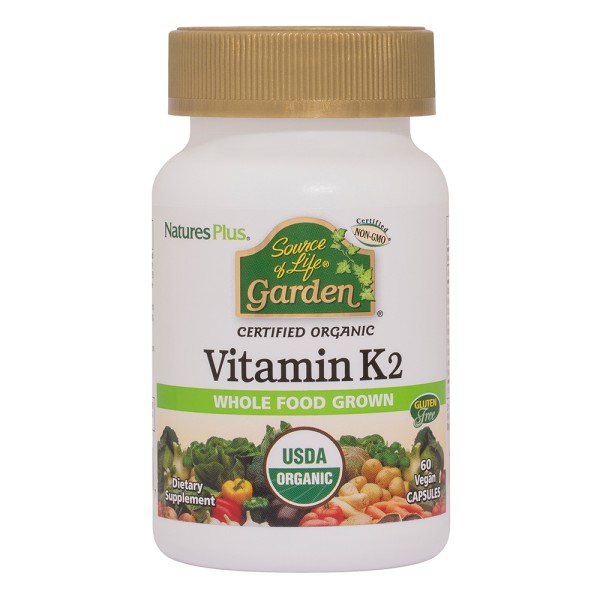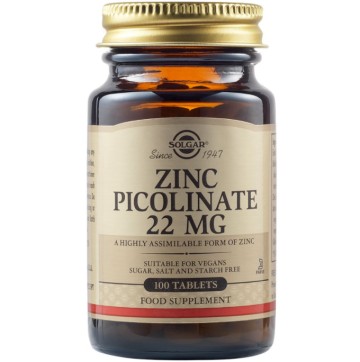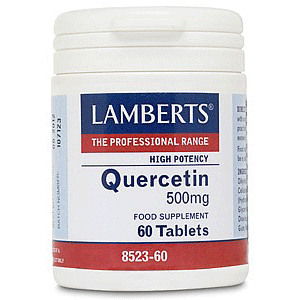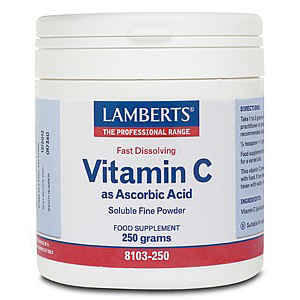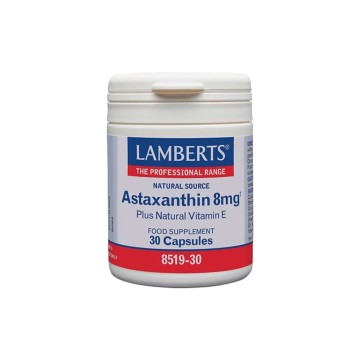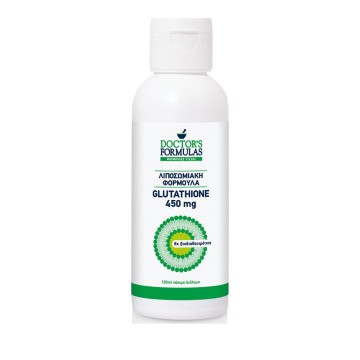Free shipping on orders over 39.00€
Natures Plus Garden Vit K2 120mg 60Vcaps

GARDEN VITAMIN K2
(product 30737/60 herbal capsules)
[Product Size: 3]
Description: Each herbal capsule provides 120 µg of vitamin K in its most bioavailable form, K2 (menaquinone-7), from certified 100% organic natto (soybean fermentation product). In addition, it contains a mixture of unprocessed organic foods (fruits, vegetables, mushrooms, herbs, algae, plant enzymes) with synergistic action for maximum absorption. Suitable for herbivores.
Common use: One capsule a day.
PROPERTIES OF VITAMIN K
The term "vitamin K" refers to a group of fat-soluble substances with a similar chemical structure, belonging to the class of naphthoquinones and distinguished by phylloquinone (vitamin K1) and menaquinones (vitamins K2). Vitamin K1 it is produced by higher plants and algae, while its highest concentrations are found in green leafy vegetables (spinach, lettuce, etc.). Menaquinones are produced by a wide range of bacteria, including the beneficial bacteria of the human intestinal flora. The most studied members of this group are menaquinone-4 (MK-4) and menaquinone-7 (MK-7). Recent studies have also shown that MK-4 is also produced in various human tissues from the conversion of dietary phylloquinone.
Although all K vitamins have similar activity, they differ in their absorption from the intestine, their transport and distribution in tissues and their bioavailability. Thus, K2 [especially those with a long side chain, such as menaquinone 7 (MK-7)] show better absorption and a longer half-life, compared to K1, resulting in higher serum levels and a better effect. Therefore, the adequate supply of various tissues with vitamin K depends not only on the amount, but also on the type of vitamin taken.
Vitamin K is mainly known for the important role it plays in normal blood clotting, as it contributes to the production of functional protein factors (prothrombin, proconvertin, etc.) that are synthesized in the liver and are involved in the above mechanism. Lack of vitamin K significantly increases the risk of bleeding. Symptoms of vitamin K deficiency are easy bruising, frequent nosebleeds, bleeding gums, heavy menstruation, and the presence of blood in the urine and/or stool.
However, vitamin K is also necessary for the proper function of proteins synthesized in other tissues, such as osteocalcin (synthesized in osteoblasts) and MGP (synthesized in cartilage and vessel walls), which are involved in bone metabolism. Osteocalcin is responsible for the incorporation of calcium into bones, while the main function of MGP is to prevent the deposition of calcium in the arteries.
Numerous clinical studies indicate the effectiveness of vitamin K2 in the treatment of osteoporosis, while it seems to act synergistically with drugs (bisphosphonates) used to treat it. The research so far has shown that K2 significantly reduces bone loss and fracture risk in postmenopausal women with osteoporosis (especially in combination with vitamin D3 and calcium), in patients with Parkinson's, Alzheimer's, cirrhosis of the liver, anorexia nervosa, primary biliary cirrhosis, people who have suffered a stroke, as well as in people taking corticosteroids or the anticancer drug leuprolide acetate.
Clinical research and animal studies have shown that vitamin K2, but probably not K1, prevents the calcification of the arteries and the creation of atheromatous plaque, thus reducing the risk of cardiovascular diseases. It is also worth noting that vitamin K2, in in vitro and in vivo experiments, showed remarkable activity against various forms of cancer, such as prostate, liver, breast, etc.
According to the US Institute of Medicine, the recommended daily dose of vitamin K1 amounts to 2 µg for infants 0-6 months, 2,5 µg for infants 6-12 months, 30 µg for children 1-3 years, 55 µg for children 4-8 years, 60 µg for children 9-13 years, 75 µg for adolescents (14-18 years), and for adults (19 years and older) at 90 µg for women (including pregnant and lactating women) and at 120 µg for men. The above dosages have been formulated based on the requirements of the human body for proper functioning of the liver and production of functional clotting factors. However, it should be noted that larger amounts of vitamin K are required to achieve proper and complete production of functional proteins synthesized outside the liver, such as osteocalcin and MGP.
People who are at risk of developing vitamin K deficiency are those suffering from liver failure and pathological conditions (obstruction of the bile ducts, celiac disease, ulcerative colitis, local enteritis, cystic fibrosis, short bowel syndrome, etc.) that significantly limit the absorption of fats, as well as people on anticoagulant therapy or taking drugs (cholestyramine, colestipol, orlistat) or substances (eg the fat substitute olestra) that reduce the absorption of vitamin K. In addition, the extensive use of antibiotics, which disrupt balance of intestinal flora, low dietary intake and advanced age increase the risk of vitamin K deficiency. Also, newborns have low levels of vitamin K, which can lead to haemorrhagic disease of the newborn, which is why preventive administration of vitamin K is usually done vitamin in infants.
CONTRAINDICATIONS - PRECAUTIONS
Do not take together with anticoagulant drugs, as it can reduce their effect. Vitamin E in doses above 800 IU may antagonize the action of vitamin K, increasing the risk of bleeding, in people on anticoagulant therapy or who receive limited amounts of vitamin K through their diet.
Vitamin K is not toxic even in very high doses (e.g. 135 mg daily) and its increased intake does not cause symptoms in humans. For this reason, no upper safe limit has been determined. Only synthetic vitamin K, K3 (menadione), is proven to be toxic, as in high doses it causes allergic reactions and hemolytic anemia, while it exerts a cytotoxic effect on the liver.
EAN: 097467307377
Use
Common use: One capsule a day.













